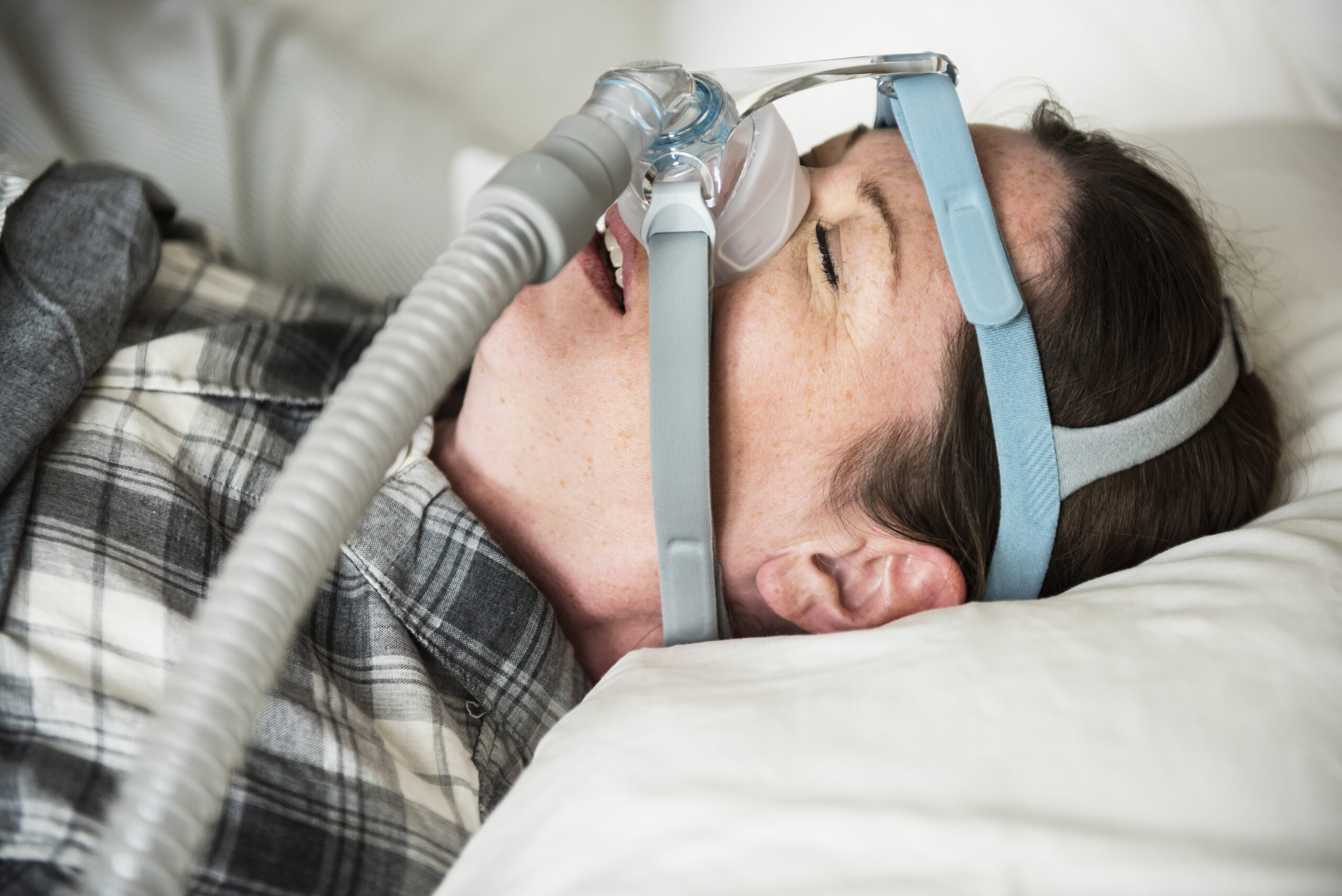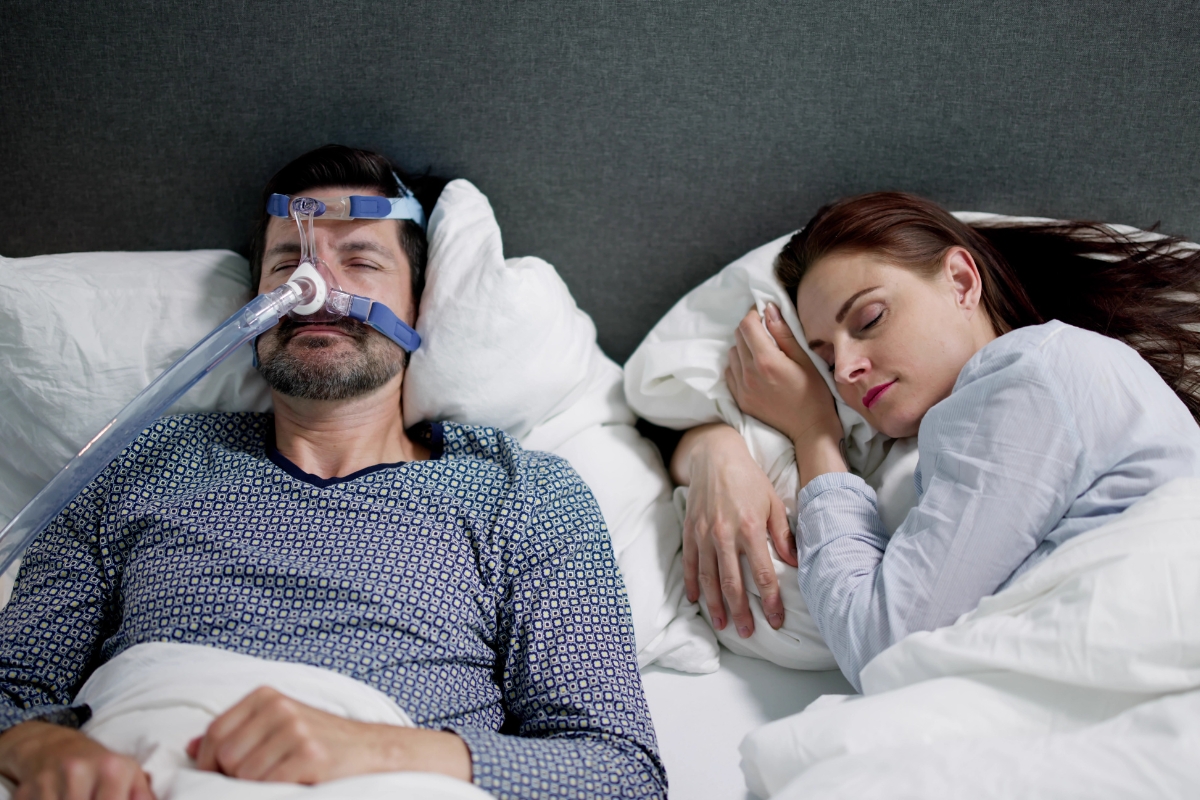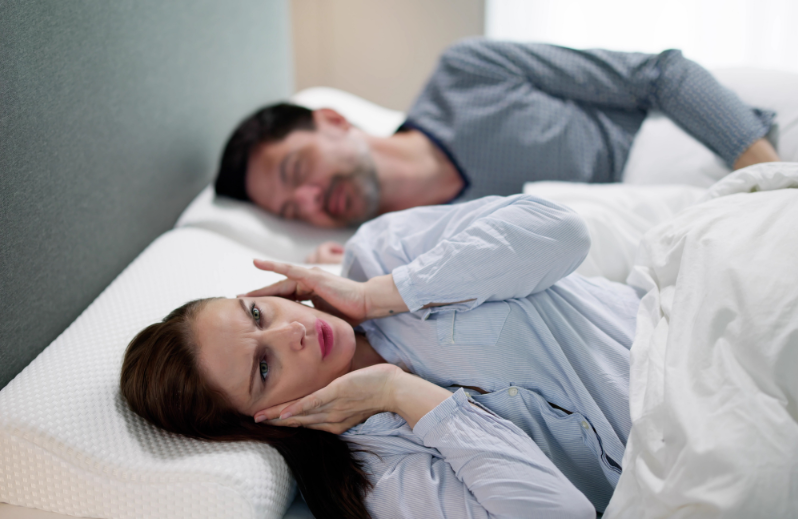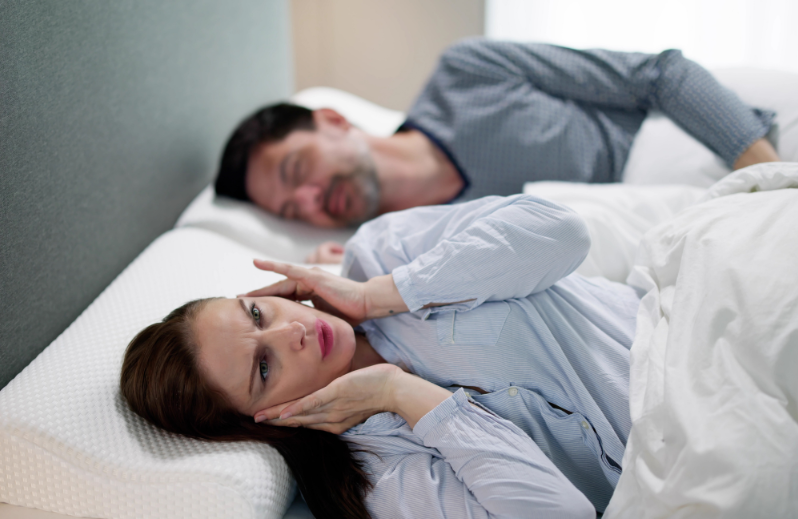


Do you snore loudly? Wake up gasping for air? Feel tired no matter how much you sleep? These could all be warning signs of sleep apnea — a common but serious sleep disorder that affects millions. The good news? Once you understand the causes, finding the right sleep apnea treatment becomes easier and more effective.
In this blog, we’ll explore the key causes of sleep apnea, how to spot them, and what steps to take for better, safer sleep.
Top Causes of Sleep Apnea
Knowing what causes sleep apnea can help you take control of your health. Here are the most common culprits:
1. Excess Weight
Carrying extra weight, especially around the neck, can put pressure on the airway during sleep. Fat deposits may block normal airflow and cause breathing pauses.
2. Narrow Airway
Some people are simply born with a naturally narrow throat or enlarged tonsils and adenoids, making it easier for the airway to get blocked.
3. Age
Sleep apnea becomes more common with age. The muscles in your throat naturally relax more as you get older, increasing the risk of obstruction.
4. Gender
Men are more likely to develop sleep apnea than women, though the risk for women increases after menopause.
5. Family History
If sleep apnea runs in your family, you may have a higher risk due to inherited physical features like a small jaw or large tongue.
6. Smoking and Alcohol
Smoking can increase inflammation and fluid retention in the airway. Alcohol relaxes throat muscles too much, which can make airway collapse more likely.
7. Nasal Congestion
If you can’t breathe well through your nose—due to allergies or sinus issues—it may lead to sleep apnea or make existing apnea worse.
Symptoms To Watch For
You may not even know you have sleep apnea unless someone tells you. Here are signs to watch out for:
- Loud, chronic snoring.
- Gasping or choking during sleep.
- Morning headaches.
- Dry mouth when waking.
- Difficulty staying asleep.
- Daytime fatigue or irritability.
- Trouble concentrating.
If these sound familiar, it may be time to consider sleep apnea treatment in Beverly Hills.
How Is This Sleep Disorder Diagnosed?
The best way to find out if you have sleep apnea is through a sleep study (polysomnography). This can be done in a sleep lab or at home using a special device. It measures breathing, heart rate, oxygen levels, and more. A doctor will review the results and suggest a treatment plan based on the severity and type of apnea.
When To Seek Sleep Apnea Treatment?
According to the American Sleep Apnea Association, over 22 million Americans suffer from sleep apnea, and 80% of moderate to severe cases remain undiagnosed.
If you notice symptoms that match the ones above, don’t wait. Left untreated, sleep apnea can lead to serious health problems like:
- High blood pressure.
- Heart disease.
- Type 2 diabetes.
- Stroke.
- Memory loss.
Common sleep apnea treatment options include:
- CPAP (Continuous Positive Airway Pressure): A mask that keeps your airway open during sleep.
- Oral Appliances: Devices that reposition your jaw or tongue.
- Lifestyle Changes: Weight loss, avoiding alcohol, quitting smoking.
- Surgery: In rare cases, to remove blockages or reposition parts of the airway.
Sleep apnea can affect your life in many ways—from how you feel during the day to your long-term health. But the first step to better sleep is understanding what causes it. Once you identify the signs and triggers, the right sleep apnea treatment can help you rest easier, breathe better, and live healthier.




